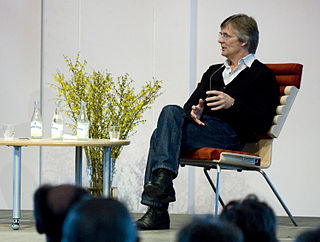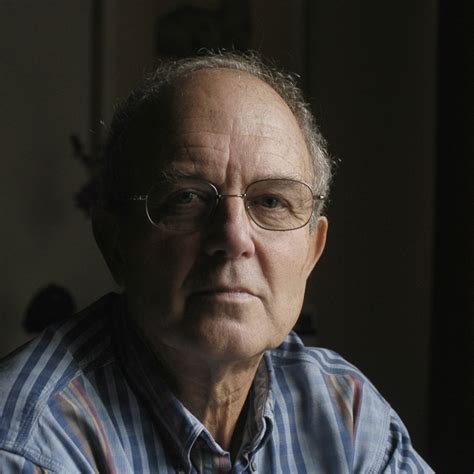A Quote by John Dewey
Poetry has historically been allied with religion and morals; it has served the purpose of penetrating the mysterious depths of things.
Quote Topics
Related Quotes
[F]or avoiding the extremes of despotism or anarchy . . . the only ground of hope must be on the morals of the people. I believe that religion is the only solid base of morals and that morals are the only possible support of free governments. [T]herefore education should teach the precepts of religion and the duties of man towards God.
The history of governmentally established religion, both in England and in this country, showed that whenever government had allied itself with one particular form of religion, the inevitable result had been that it had incurred the hatred, disrespect and even contempt of those who held contrary beliefs.
Over the centuries, we've moved on from Scripture to accumulate precepts of ethical, legal and moral philosophy. We've evolved a liberal consensus of what we regard as underpinnings of decent society, such as the idea that we don't approve of slavery or discrimination on the grounds of race or sex, that we respect free speech and the rights of the individual. All of these things that have become second nature to our morals today owe very little to religion, and mostly have been won in opposition to the teeth of religion.









































